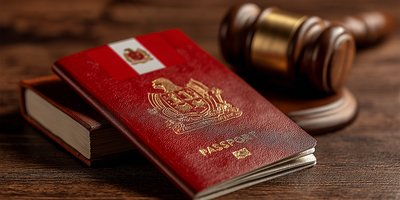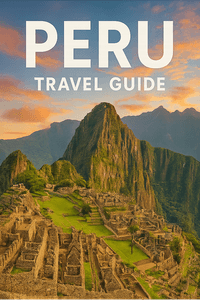Peru is a country rich in cultural customs that reflect its diverse heritage and history.
When visiting Machu Picchu, it's important to embrace the local traditions and respect the customs of the indigenous people.
One significant aspect of Peruvian culture is the concept of ayni, which refers to the principle of reciprocity. This means that when you receive a service or help, there is an expectation to give back in some form.
Travelers should also be mindful of pachamama, or Mother Earth, a vital figure in Andean spirituality. Many locals perform rituals to honor her, especially in agricultural areas.
When interacting with locals, a simple greeting such as “Buenos días” (Good morning) or “Gracias” (Thank you) goes a long way.
It is customary to greet people with a handshake or a slight nod of the head. In more traditional settings, a kiss on the cheek is common among acquaintances.
During your visit, consider attending a local festival, such as Inti Raymi, the Festival of the Sun, which takes place in Cusco and celebrates Incan traditions.
Be aware that many women still wear traditional clothing, particularly in rural areas, and photographing them without permission can be considered disrespectful.
Dining customs also play a significant role in Peruvian culture. Meals are often a communal affair, and it is polite to wait for the host to invite you to start eating.
When visiting markets, haggling is common, but always do so with a smile and respect. The vibrant colors and local crafts are worth exploring!
Finally, remember to respect the sacredness of places like Machu Picchu. Keep noise levels down and refrain from littering to maintain the beauty of this UNESCO World Heritage site.
By understanding and embracing these cultural customs, travelers can enrich their experiences and foster meaningful connections with the local people.












